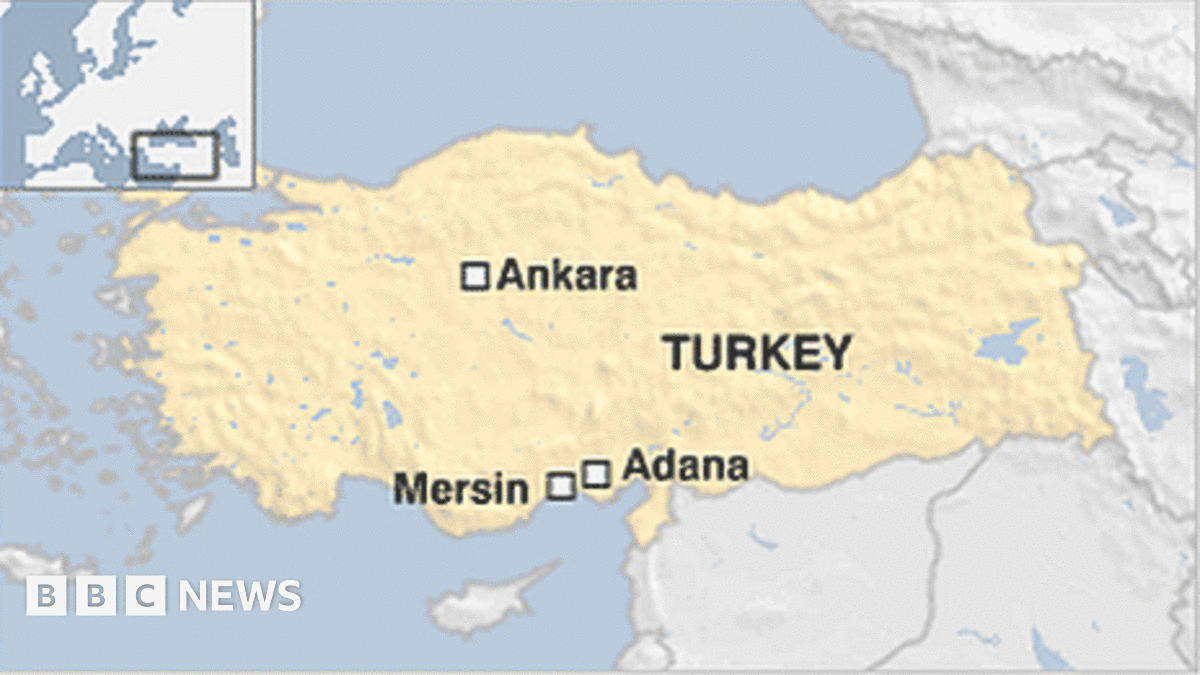Re: Prospects of a Kurdish state and what it means for Armenia
Go act the troll in one of your joke threads. 
Originally posted by Tigranakert
View Post



 Stirring up troubles between Turkey and Syria!
Stirring up troubles between Turkey and Syria!








Comment